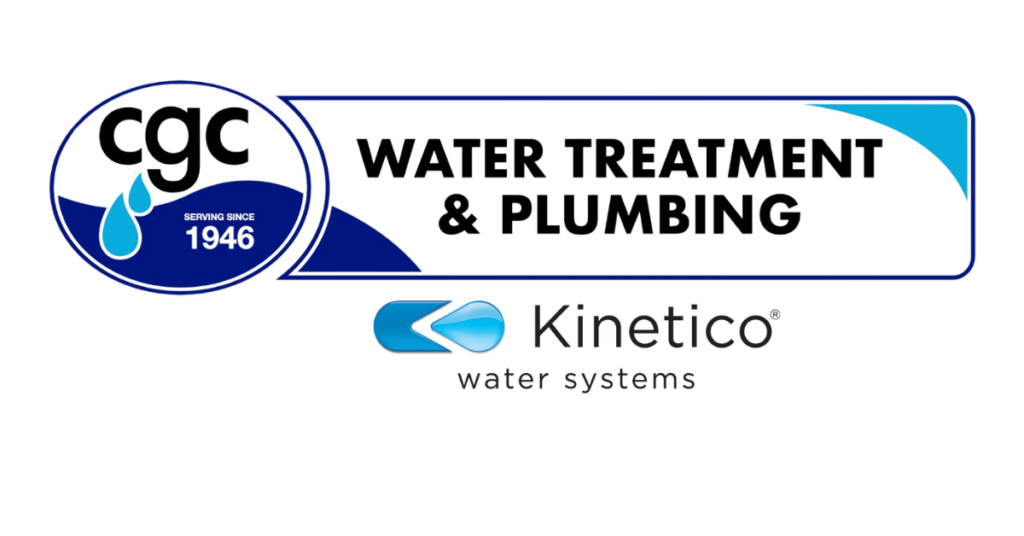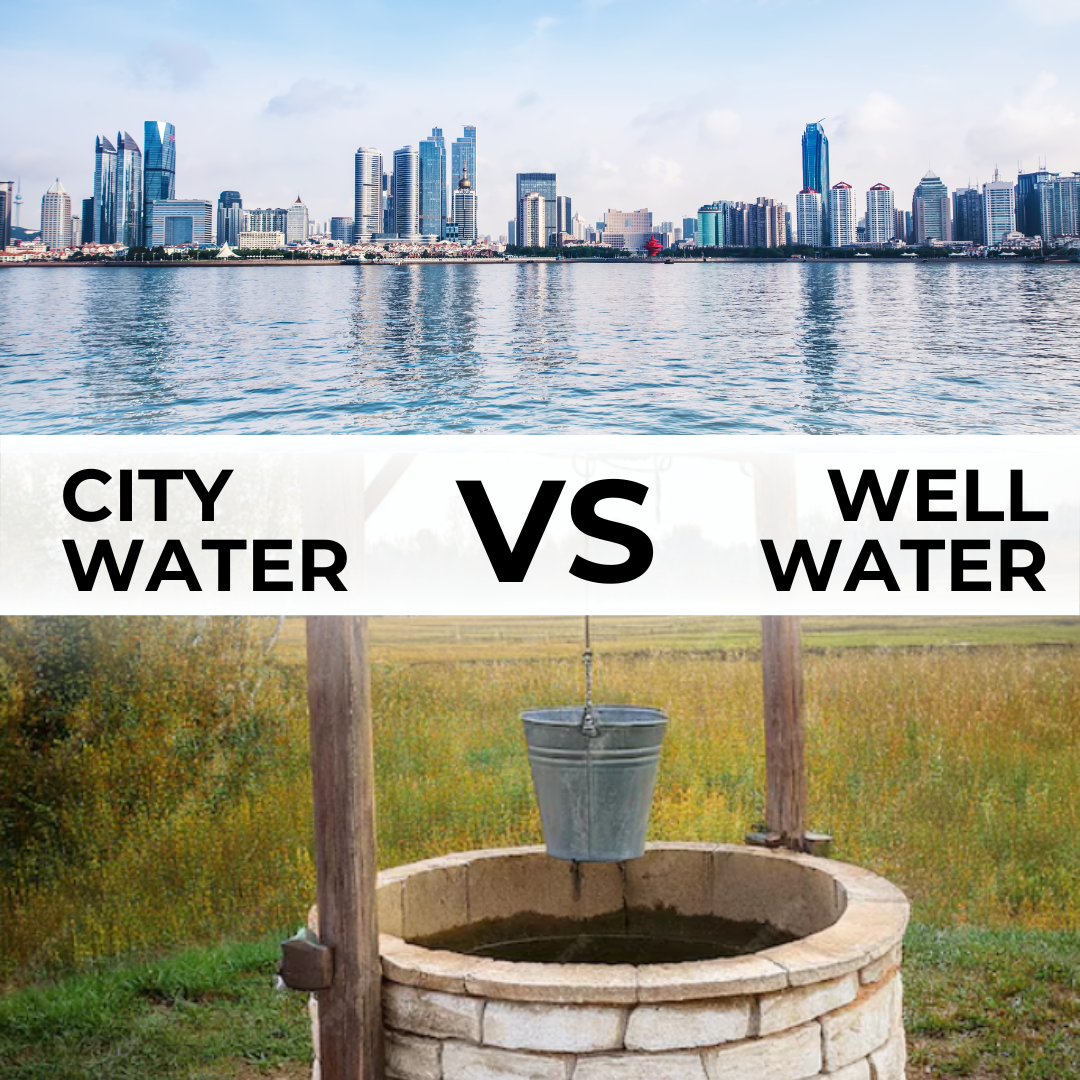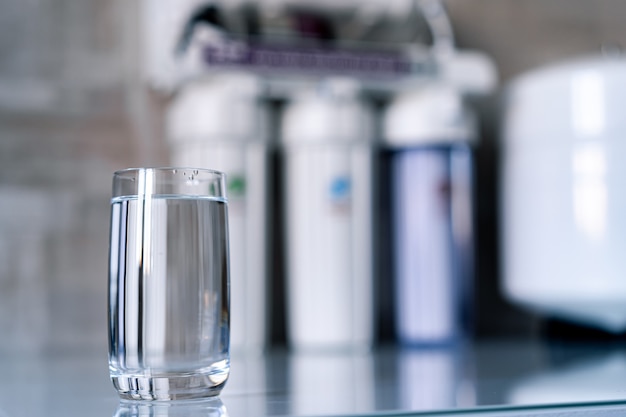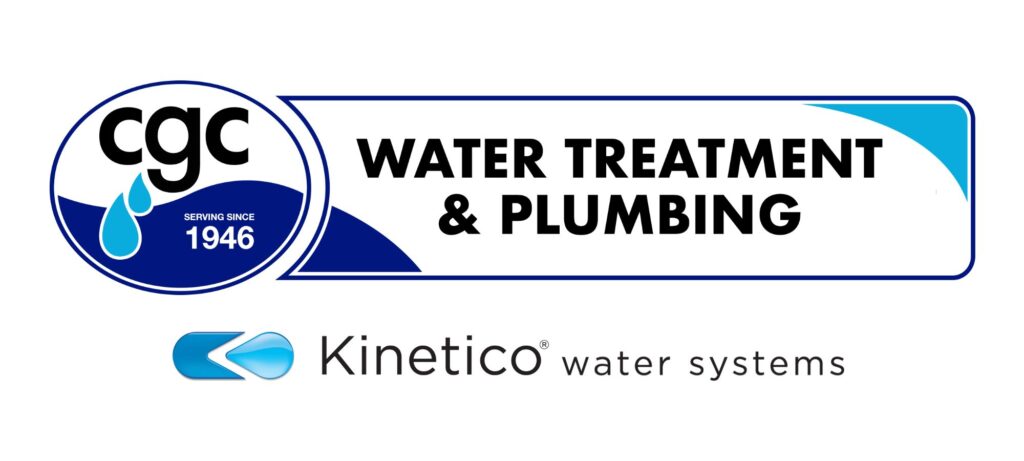Water is essential to our daily lives and we all deserve clean and fresh water, but as we know, not all water is the same. The water that flows from your tap can come from two main sources i.e., city water (municipal supply) or well water (private supply).
Both have their unique characteristics, by understanding what’s in your water you can ensure it’s safe for drinking and everyday use. In this blog, we will break down the key differences between these two types and explain how you can treat each type effectively.
City water: What you need to know
City water is supplied by local municipalities and is treated before it reaches your home. Here’s a few things you should know:
- Treatment Process: City water undergoes filtration, disinfection (usually with chlorine) and sometimes fluoridation to meet safety standards.
- Common Contaminants: While treated, it can still contain traces of chlorine, fluoride, lead (from old pipes) and other chemicals.
- Concerns: Some people notice an unpleasant taste or odor due to chlorine, while others worry about the presence of trace pharmaceuticals or industrial pollutants.
Well water: What you need to know
Well water comes from underground sources and isn’t regulated or treated by municipalities. It’s up to the well owner to ensure that their water is safe. Here’s what you should know:
- Natural Composition: Well water may contain minerals like iron, magnesium and calcium, which can affect taste and cause buildup in plumbing.
- Common Contaminants: Bacteria, nitrates, pesticides and heavy metals can enter well water from the surrounding soil and human activities.
- Concerns: Since well water isn’t pre-treated, regular testing is necessary to detect harmful contaminants.
How to treat your water
Whether you have city or well water, proper filtration and treatment can ensure the highest quality drinking water. Here are some common treatment solutions:
For city water:
- Activated Carbon Filters: Help remove chlorine, bad taste and odors.
- Reverse Osmosis (RO) Systems: Remove a wide range of contaminants, including lead and pharmaceuticals.
- Water Softeners: Reduce hard minerals like calcium and magnesium.
For well water:
- UV Purification Systems: Kill bacteria and viruses.
- Iron and Manganese Filters: Remove staining minerals from water.
- Sediment Filters: Remove dirt and debris.
- Reverse Osmosis Systems: Provide clean, pure drinking water.
Why water testing is essential
Testing your water is the only way to know what’s in it. For well owners, annual testing is a must to check for bacteria, nitrates and other harmful contaminants. Even city water users may benefit from occasional testing, especially if they notice changes in taste, color, or smell.
Get the best treatment option
Understanding what’s in your water and choosing the right treatment option can keep your household safe and healthy. If you depend upon well water then scheduling a well water testing in Charlotte is a crucial step in ensuring clean and safe drinking water for you and your family. Contact CGC Water today to get your water checked with the best treatment options.







